Understanding Interventions & Therapies in a Montessori Setting
A 3-part online course – Back by popular demand in Fall 2024!
Starts October 1, 2024
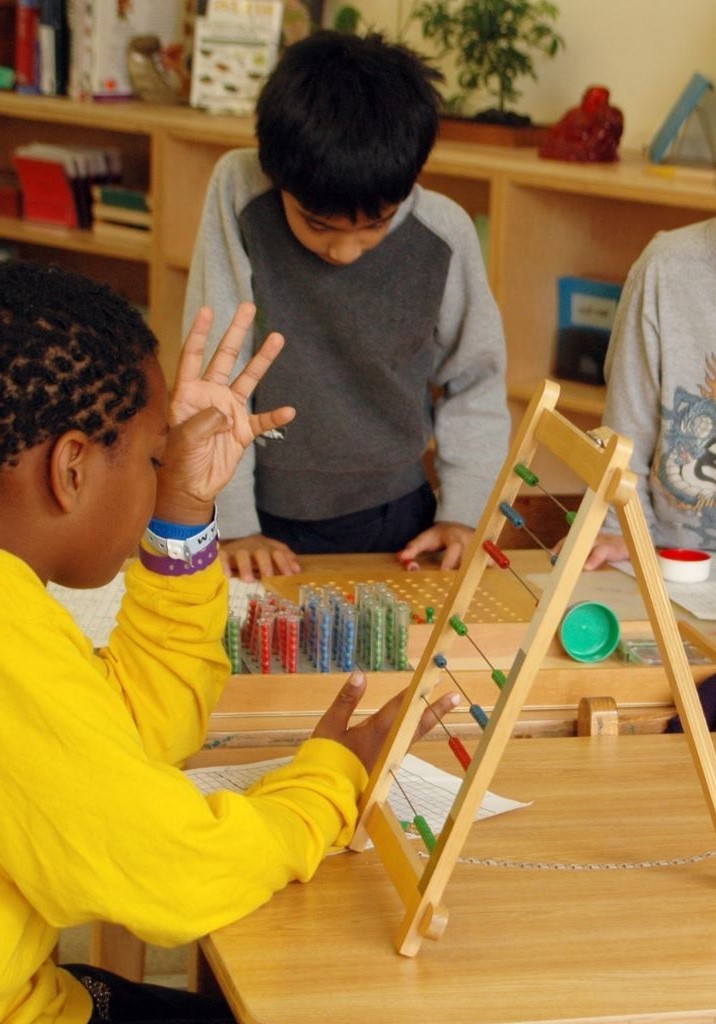
Course Information
Understanding Interventions and Therapies in a Montessori Setting
Overview
Course Description
We are here to support YOU in meeting the needs of your students with developmental and learning differences. MMPI is again offering by popular demand, our fully-online course for Montessori Teachers, Administrators and Special Educators: Understanding Interventions & Therapies in a Montessori Setting.
This course is designed to give participants as much flexibility as possible. You can access course content whenever it works for you. We are now offering both weekend and weekday live online sessions at times that we believe will work for most people in most time zones. The course consists of 3 parts: Part 1 during October, Part 2 during November, and Part 3 during January, 2025.
Asynchronous course content, which is content you access on your own from the Google classroom, will be available prior to each live ZOOM class. This allows you to prepare for the online sessions at your convenience. There will be lectures to watch, content to read, and discussion forums where you can share your ideas and get to know your course-mates, as well as assignments to help you apply what you are learning to your own work with children and adolescents.
There will also be many opportunities to ask questions.
This course is an excellent complement to the Foundations of Montessori Inclusion course and the Foundations of Montessori Inclusion in Elementary (FMIE) course.
If you are planning to join us, please purchase our course textbook in advance. It is available in paperback or digital formats. Click here.

Course Content
Overview of Part 1 Content- Meeting the Needs of Children with Sensory-Motor Disorders (October)
Part 1A
Scientific and Medical Pedagogy- collaborative teams
OT & Montessori- kindred spirits and unique perspectives
Sensory Integration Theory
General preparation for Montessori classroom
Part 1B
Environmental preparations
Preparations for the individual child
The power of Visual Schedules
Positioning the child
Positioning the materials
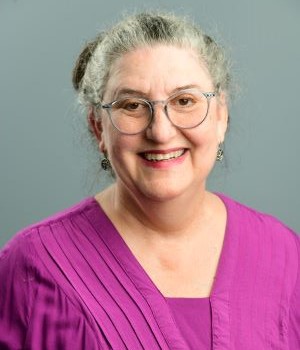
Barbara Luborsky, OTR/L
Part 1 is intended to help Montessori educators become aware of the many ways the occupational therapist (OT) can support a child with sensory and motor needs in the Montessori school. Barbara will share information that will help teachers develop a deeper understanding of the scope and roles of the OT in Montessori classrooms. OTs are experts at helping children learn to use thier strengths to address things that might be challenging for them- such as attention to task, self-regulation and learning differences. These can result from sensory processing challenges and or developmental motor issues. Barbara will also present information about how the OT and the Montesssorian can work together to support all children. Collaboration among teachers, parents, and medical professionals, such as the OT, is a key factor in supporting the successful participation of children with sensory and motor disorders in the Montessori setting.

Introducing Part 1 Co-Teacher Erin Taylor, MS, OTR/L
Erin’s passion is supporting children’s foundational development within the context of relationship, nature, and Montessori pedagogy. She recognizes that movement is foundational to the development of whole beings – and her passion lies deep in empowering individuals to relate to the world in a more confident, coordinated, and connected way. Erin believes that connection is the foundation of development and she and her team love supporting teachers in helping them to understand each child’s unique sensory, affective, and motor strengths. Her work includes observation in the classroom, collaboration with teachers, standardized assessment activities, and connecting with parents. She provides individual and group treatment sessions, empowering children to better understand their bodies, and learn to regulate their actions, emotions, physiology, attention, and state – all through play-based work that enables learning and development. Whenever possible, she utilizes the power of the outdoors to layer on exploration, sensory inputs, inquiry based learning, confidence building, and activities that build motor coordination.
Erin has extensive training on inclusion in the Montessori classroom, through MMPI and has been an assistant in their course, Understanding Interventions and Therapies in a Montessori Setting. This has helped her to connect with teachers and provided opportunities for her to share ideas for classroom regulation. Currently, Erin is working in a Public Montessori school in Oregon, heading up a holistic wellness program for the students, teachers, and the community at large.
Overview of Part 2 Content- Orton-Gillingham & Montessori: An integrated approach (November)
Part 2A
Dyslexia defined
From developmental differences to different needs with Dyslexia
Developmental versus therapeutic language exercises
An overview of Orton-Gillingham language therapy
setting
Part 2B
Observations and identification of needs
Building a collaborative resource team to support students with Dyslexia
Enhancing the therapeutic value of Montessori lessons and activities
Tracking skill development
Accommodations with technology in a Montessori setting

Catherine Nehring Massie, M.A.T. Elementary & Special Ed, AMI Elementary
In Part 2, Montessorians will learn about meeting the needs of children with Dyslexia utilizing Orton-Gillingham (O-G) language therapy in combination with the Montessori Language curriculum. From adapted Montessori materials and lessons to one-on-one O-G tutoring, there are many levels of supporting reading development that are possible for a student with Dyslexia in a Montessori school. Catherine will provide participants with an O-G skill-based framework to use in planning for the needs of their students who are experiencing difficulties in learning to read and write. Participants will explore how collaboration between Montessori Guides and Orton-Gillingham practitioners can lead to a more integrated language and literacy learning experience for the children with language learning differences.

Introducing Part 2 Co-Teacher- Bobbe Spink
Bobbe has been involved in the Montessori communities in Tennessee and North Carolina since 1973 when she founded her first school in Chattanooga, TN. She has taught at the 3-6, 6-9, and 9-12 levels with diplomas from the St Nicholas Training Center, London, England.
Bobbe has also been a head of school for 42 years and a teacher trainer for the St Nicholas Center and the Institute for Guided Studies. Currently she does work with Montessori Medical Partnership for Inclusion, CGMS, and Columbus Montessori Education Center’s AMS TEP program. Since 2017, she has been active as a Montessori consultant in both private and public Montessori schools and as a board member of the Montessori Association of North Carolina.
In her free time, she enjoys spending time with her 3 grown children and her 5 grandchildren; all of whom are or have been Montessori students.
Overview of Part 3 Content-A Montessori Approach for Children with Autism Level 1 Course (January)
Part 3A
How Autism is defined today
Description of common characteristics of Autism
Understanding the diverse needs of students with Autism
Presentation of case examples
Part 3B
How a blended Montessori ABA approach supports children in building skills
Overview of Montessori ABA Therapy
Data Collection using Michelle’s Program Tracking Manuals
Creating a Montessori ABA lesson plan

Prof. Michelle Lane M.H.S., A.M.S./E.C., R.E.C.E.
Part 3 is intended to help Montessori educators become aware of the varied challenges that children with Autism face and receive a brief overview of how Applied Behavior Analysis (ABA) therapy can support learning and development. ABA therapy is an evidence-based practice that is approved as a medically necessary therapy in the United States and covered by medical insurance and Medicaid. This Level 1 introduction is geared to help Montessorians become familiar with the basics of the scientific approach of ABA with the focus on Michelle’s pioneering blend of Montessori-ABA therapy. At the end of this course, participants will learn how to create a Montessori ABA lesson plan and understand how this approach makes Montessori lessons accessible to children with Autism. The goal of this course is to give Montessori educators a deeper understanding of the value of collaboration with behavior therapists, other medical professionals, and parents in supporting children with autism for success in a Montessori setting.
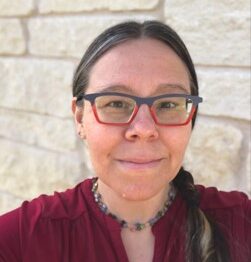
Introducing Part 3 Co-Teacher, Erin Lopez-Brooks
Erin Lopez-Brooks lives for empowering children and strives to show adults how to see them in their best light by integrating the science of human behavior and the Montessori approach. She works with neurodivergent children and families daily as the owner/operator of a Montessori-based therapeutic learning center as a Licensed Board Certified Behavior Analyst, AMI Montessori Elementary teacher with state certifications in General Education: Early Childhood – 6th grade, Special Education, English as a Second Language (ESL), and Gifted & Talented education. She also holds the Comprehensive Orton-Gillingham certification for educators and trains Montessori Behavior Intervention Assistants to support children in their self-construction by bridging any skill gaps they may arrive with. She attended the first offering of this Understanding Interventions & Therapies in a Montessori Setting Curse as a student in the Fall of 2020, and has been course assistant ever since. She has also taken the Foundations of Montessori Inclusion in Elementary (FMIE) and is currently in the first US cohort of trainees in the Montessori Therapy Program in Munich Germany, through MMPI.
Course Logistics and Details
CEUs from Loyola University
Course participants who complete course requirements will be eligible for 5.4 CEUs from Loyola University, at no additional cost.

Course Requirements:
- Technical: Participants must have a device with an internet connection, a webcam for video capability, and audio input/output capabilities. A computer with a mouse and keyboard is highly recommended. For computers, you will need a current browser, the software capability to read documents in MS Word and pdfs, an up to date software system (Apple OS X or Microsoft Windows 10), security software (antivirus protection/firewall) and access to Google classroom and to the Padlet app.
- To access the Google classroom: Participants must have an email account that is not associated with an educational institution or with another course on Google Classroom.
- Attendance: Participants must attend or make up all sessions and complete all assignments with a “Pass” grade to get a Certificate of Completion.
- Class materials and access codes are for class participants only.
- Course Text: This course will use Montessori Strategies for Children with Learning Differences: The MACAR Method by Joyce Pickering as our textbook. This textbook is available in print and in e-book formats. Click here for more information. Please note that if you are ordering from Amazon, you must use the Amazon site for your country.
- Accessibility: We will do our best to accommodate your ADA needs; please contact us to let us know how we can make the course more accessible to you, by emailing mmp4inclusion@gmail.com.
- Course Certificate: At the conclusion of the course, you will receive a certificate of completion from Montessori Medical Partnership for Inclusion, if you attended all required online sessions and completed all assignments. Specific requirements will be discussed at the Course Orientation, date and time coming soon.
- Note: All sessions are recorded, with the exception of breakout discussion group sessions. By attending the class, you are giving your consent to be video taped. Taping of the sessions by individual participants is strictly prohibited.
This course is presented solely for educational purposes. The content of this course is not intended to be a substitute for professional medical or psychiatric advice.
Everything discussed in class or with fellow students is confidential. You agree to maintain that confidentiality.
Course Registration
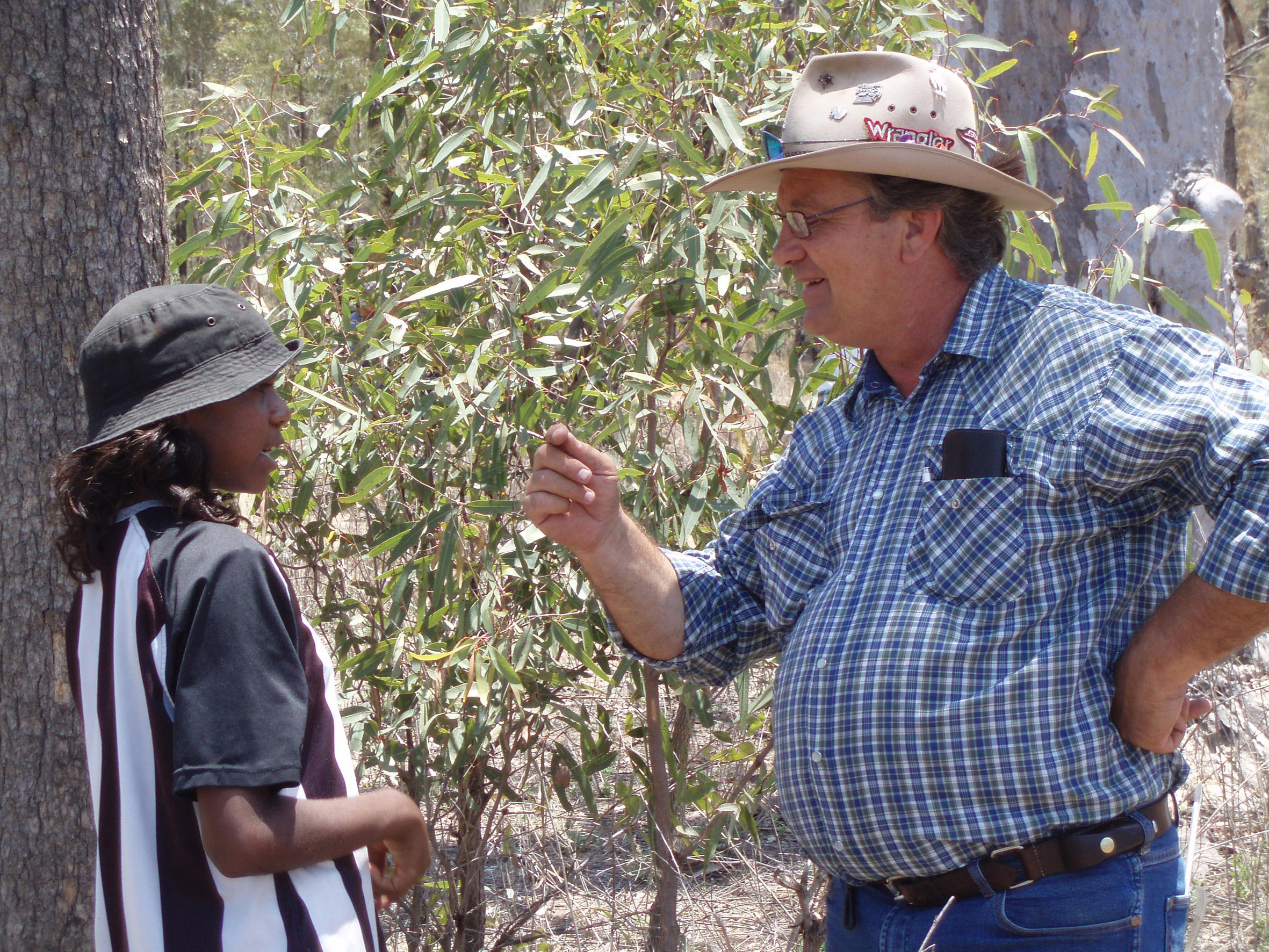
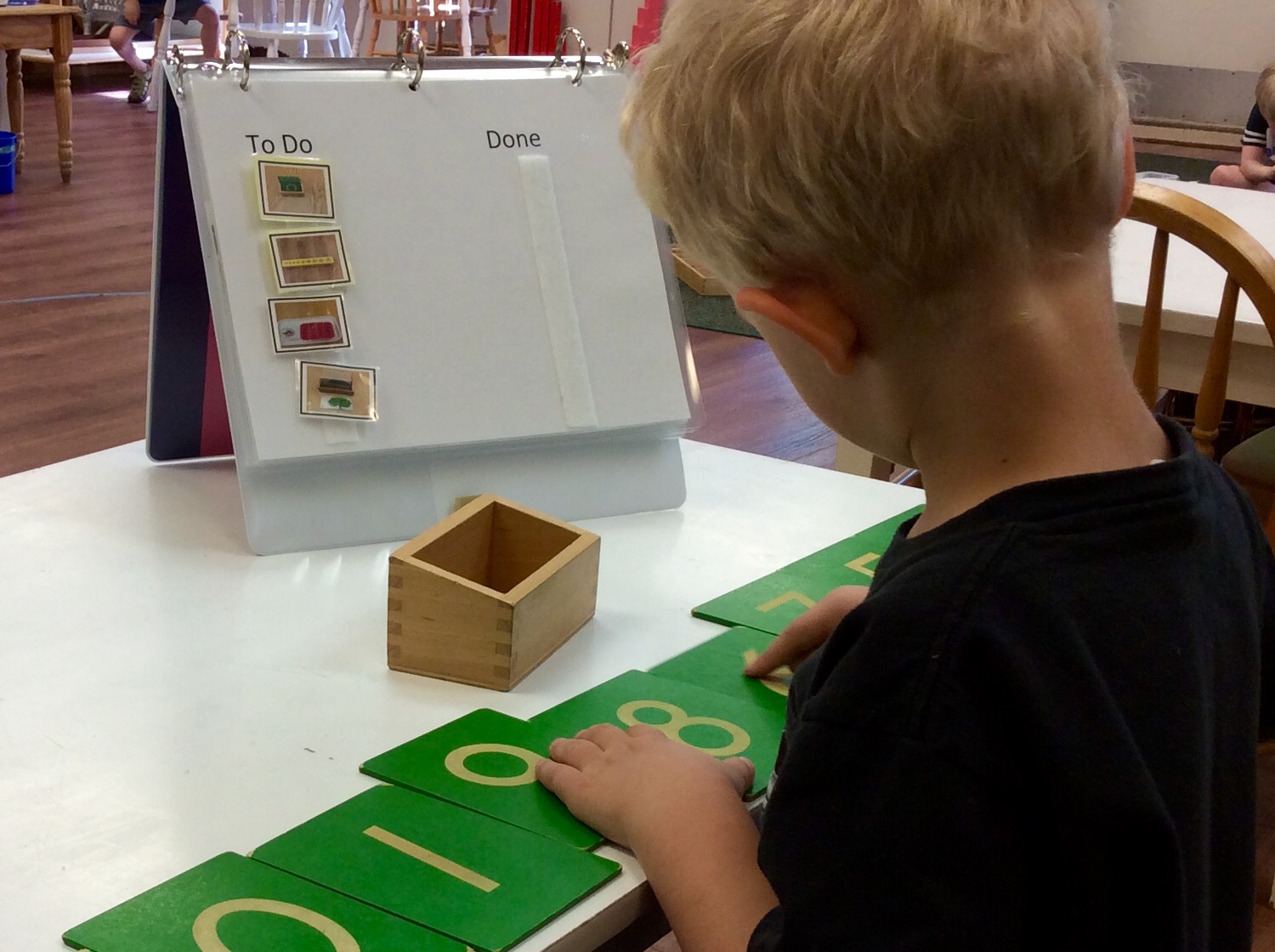
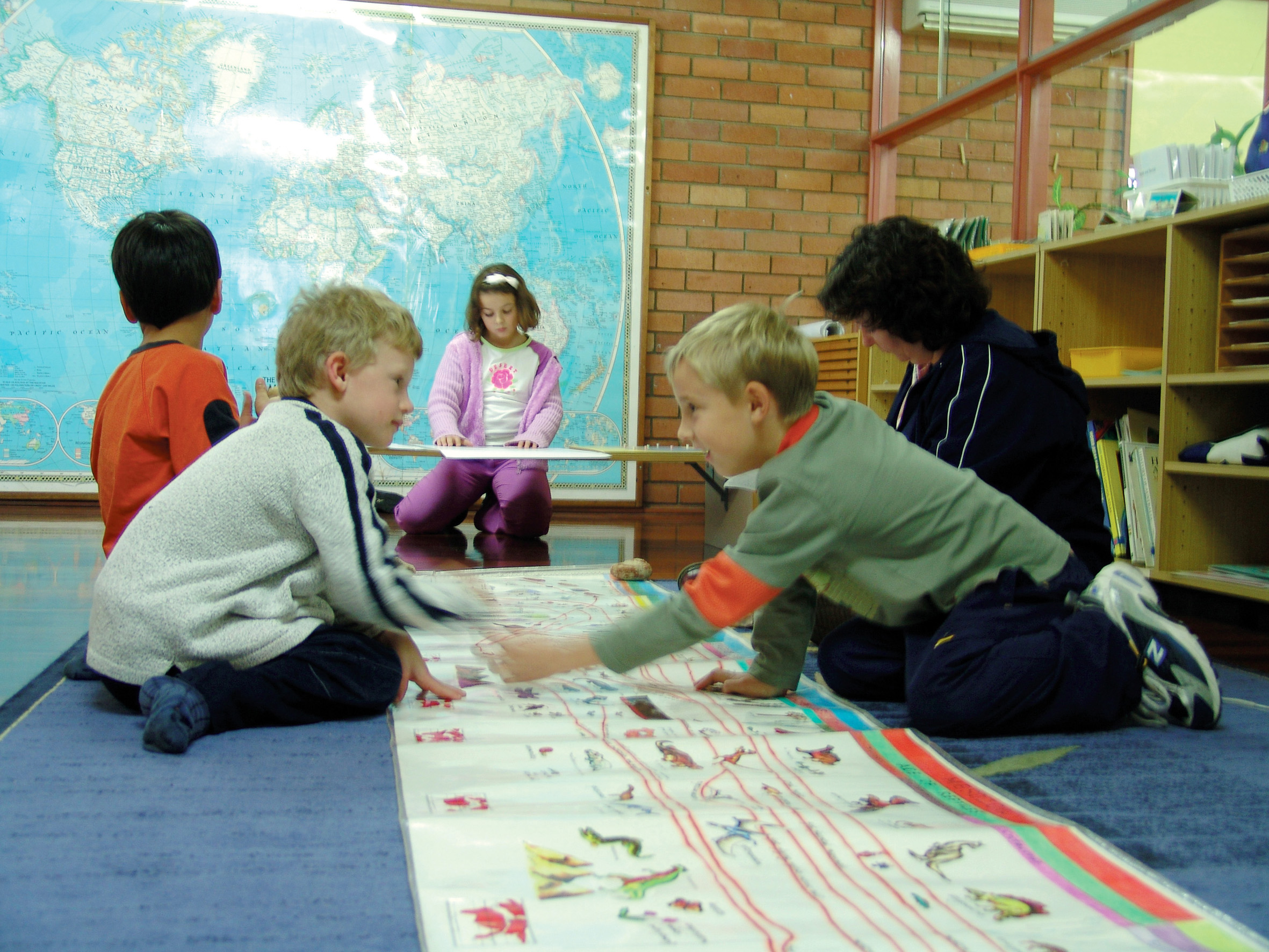

Follow us to get updates on all of our course offerings.
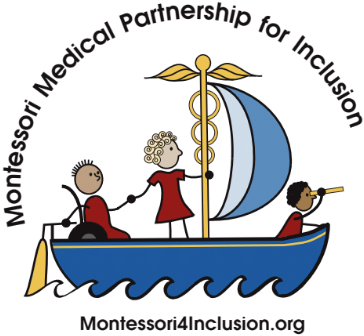
Not Yet a Member?
Follow Us!
We promise we won't bombard you with emails!
